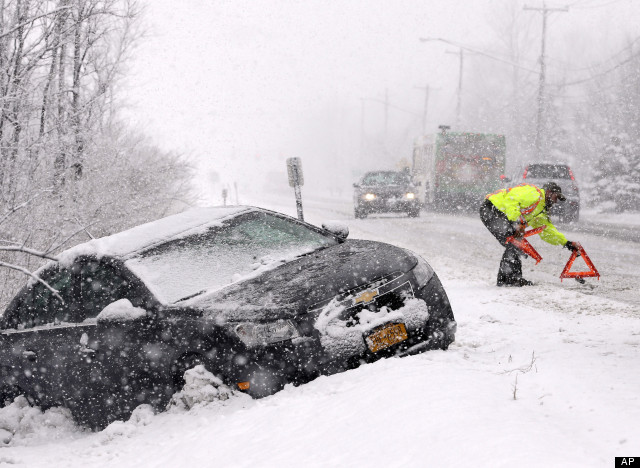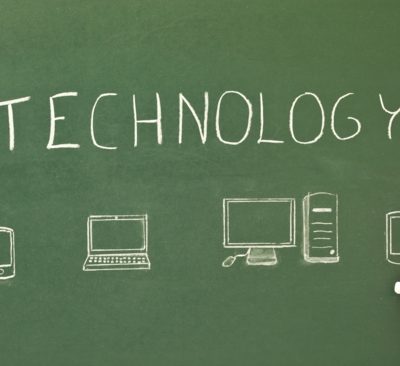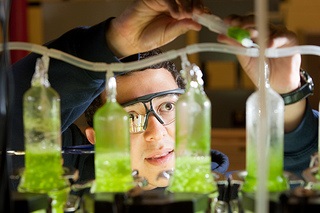When we wake up in the morning, it’s inside our bedrooms. We prepare our morning meals with it. We walk into the garage and hardly notice that they are scattered all over the place. The moment we hit the streets, it guides us so that we can reach our destinations safely. Our workplaces are even infested by it. Technology makes our day’s work easy to accomplish. The problem is, when technology fails, we find ourselves at a loss. We don’t know what to do next.
A “Nemo”-nic Surprise
Last February, the northeastern side of the US was devastated by a blizzard called Nemo, producing 3-feet of snow, it put everything on a standstill. The amount of time that snow fell was too long that technology couldn’t cope with the sudden change. Power failures happened in every home and everyone coiled up together just to keep warm.
People hoarded loads of groceries, milk and medical supplies to stock up because the next delivery trucks wouldn’t be able to travel through the snow. Phone, cable and Internet services were down as well. Even a fully charged laptop has its limits. The people who were affected by that terrible blizzard suddenly found out that they were alone and isolated from the world they were accustomed to living in. The only thing that they could do was take snapshot souvenirs of their moments with their digital cameras as they tried their best to survive each day.
Flashback before Nemo
The ironic part of that event was days before the blizzard, wireless communication service providers were being asked to come up with an effective work around that will extend their services to more places by putting up more cellular sites that will produce clearer communication. The providers argued that their technology, although advanced will have several limitations.
In the first place, putting up additional sites required a large investment that could lead to an increase of their service prices. This in turn would be passed on to their customers which they believe aren’t ready to pay such price currently. They would have to come up with a future compromise first so that consumers wouldn’t shoulder the entire burden. Local leaders sided with the wireless providers and agreed that it should be done slowly so as to incur less financial impact on the consumers.
Nature’s Veto Power
The blizzard they called Nemo showed everyone how weak we are when nature makes its devastating moves. We lose everything. We wouldn’t be able to move from one place to another, we lose the means to communicate with each other and we don’t get updates from important resource people that could possibly help us.
All the 1800 numbers and even emergency numbers like 911 become impossible to dial without a regular phone. The available cellular relay sites couldn’t even broadcast at full blast because they had to function on backup batteries that could only function at a minimal time frame. The world around you talks about what’s happening in your surroundings but you don’t even have an idea regarding what they are saying because your Internet and TV services are all down.
All of a sudden, you start feeling helpless.
Basics for Survival
Those that went through the ordeal and survived surely will have a story to tell. They would have to immediately adjust to the sudden changes that happen around them. The main key to their survival was going back to basics. This includes chopping down fallen trees for firewood. Every home must budget the amount of food that’s stored in their refrigerator; they also have to cook meals the old fashioned way. They even need to boil frozen snow for water because the regular water pipes all froze over. If you needed something, then you had to brave the storm and walk through heavy snow with your snow gear. Let’s learn from their experience and pray that it doesn’t happen again.





